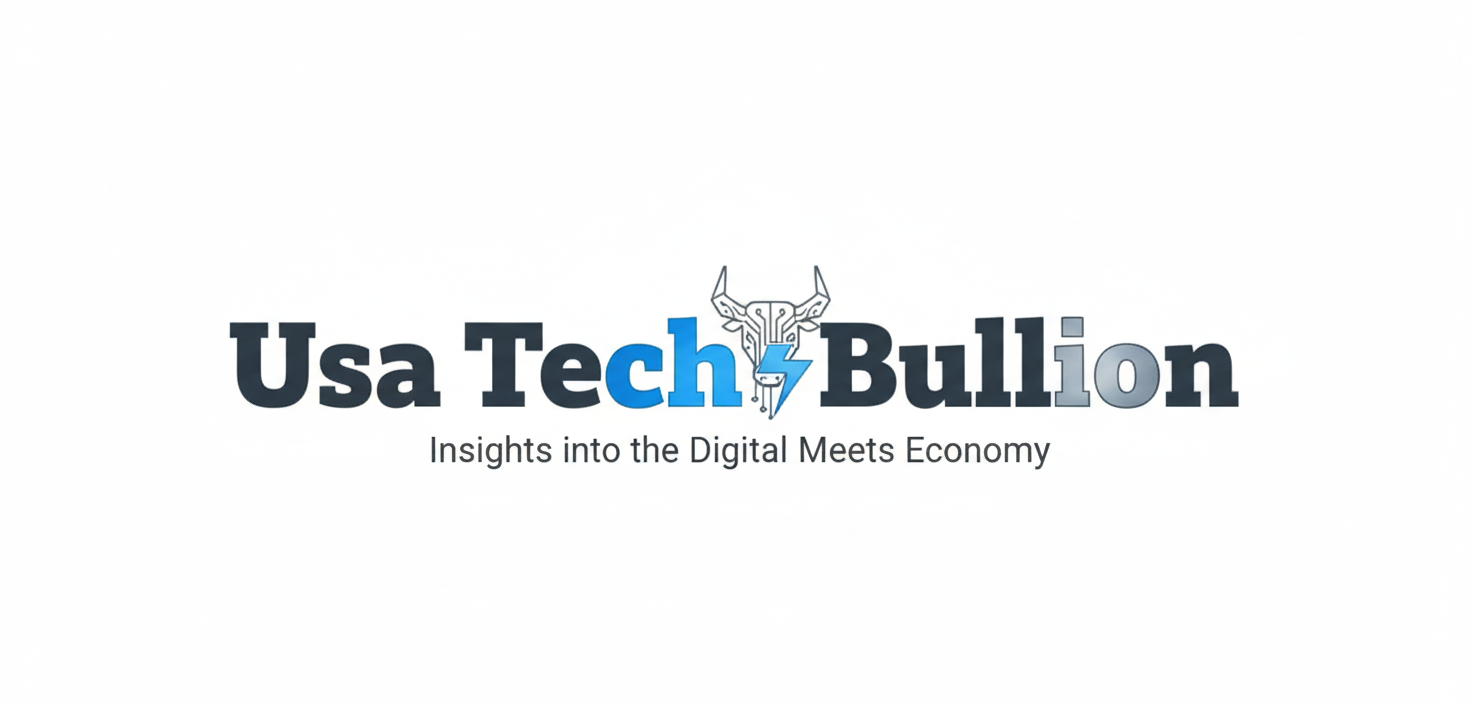Introduction
In a world where degrees, certifications, and documents often define one’s worth, a quiet but powerful movement is gaining momentum — “People Over Papers.” This mindset challenges traditional systems that prioritize qualifications over human potential. It argues that real value comes not from papers or titles but from skills, empathy, creativity, and experience.
As organizations, schools, and governments evolve, the “People Over Papers” philosophy is reshaping how we view success, leadership, and even education. It represents a shift toward a more human-centered world, where authenticity and capability matter more than bureaucracy or formal credentials.
What Does “People Over Papers” Mean?
At its core, People Over Papers is about prioritizing human connection, real-world skill, and ethical understanding over the obsession with certificates, resumes, and documentation.
In professional settings, it means valuing employees for their contributions, potential, and ideas — not just their academic or bureaucratic background. In education, it encourages learning through experience rather than memorization for grades. And in society, it promotes trust, inclusion, and compassion instead of rigid systems and rules.
The phrase captures a growing realization: papers can prove qualification, but people create impact.
The Origin of the “People Over Papers” Movement
While the phrase itself has gained traction in recent years, its essence has existed for decades. Leaders in technology, entrepreneurship, and creative industries have long emphasized real talent over traditional credentials.
Companies like Google, Tesla, and Apple, for example, have openly stated that they hire for skills, attitude, and problem-solving ability — not just college degrees. In the social sector, movements around human rights and ethical leadership have similarly highlighted empathy, fairness, and humanity as the true markers of progress.
In essence, “People Over Papers” evolved as a response to a world overly reliant on formalities — calling for a balance between accountability and humanity.
Why “People Over Papers” Matters in Today’s World
The modern era is defined by rapid change — in technology, work, and values. Many people now find themselves overqualified on paper but undervalued in practice. Others, with less formal education but stronger emotional intelligence and creativity, thrive in dynamic environments.
Here’s why this mindset matters more than ever:
1. The Future of Work is Skill-Based
Automation, AI, and remote work have changed hiring priorities. Employers no longer just need degrees — they need adaptable thinkers, problem-solvers, and innovators. “People Over Papers” acknowledges that human creativity can’t be measured by a transcript.
2. Credentials Don’t Equal Competence
A person may hold multiple degrees and certifications, yet lack the empathy or flexibility to work with others effectively. Real success depends on how people apply their knowledge, not just how they document it.
3. Human Connection Drives Results
Businesses and organizations perform better when they focus on building trust, empathy, and collaboration. Prioritizing people fosters loyalty and innovation — things no piece of paper can guarantee.
4. It Encourages Inclusion
Traditional systems often exclude those without access to formal education or elite institutions. The “People Over Papers” approach creates a more inclusive environment by recognizing diverse talents and life experiences.
People Over Papers in the Workplace
In professional culture, the concept of “People Over Papers” is transforming recruitment, management, and leadership.
1. Rethinking Hiring Practices
Forward-thinking organizations are adopting skills-based hiring — evaluating candidates on their portfolios, achievements, and problem-solving ability rather than only their degrees. This opens doors for self-taught experts, freelancers, and those from unconventional backgrounds.
2. Human-Centered Leadership
Modern leaders understand that empathy and emotional intelligence are as vital as strategic skills. Prioritizing people means creating workplaces where employees feel heard, valued, and respected.
3. Employee Growth and Retention
Companies that invest in training and mentorship rather than relying solely on resumes see greater engagement and retention. A focus on people encourages growth through learning, not just credential accumulation.
People Over Papers in Education
Education systems worldwide are being re-evaluated. The traditional emphasis on grades, degrees, and test scores often overshadows creativity and practical intelligence.
1. Experiential Learning
Schools and universities are shifting toward hands-on learning, internships, and real-world projects. These experiences teach adaptability and critical thinking — skills that can’t be measured by paper tests alone.
2. Lifelong Learning Over Formal Degrees
In the digital age, online learning, workshops, and micro-certifications allow individuals to continuously upskill. The “People Over Papers” mindset values continuous growth over one-time academic achievement.
3. Empowering Individual Potential
When educators focus on students’ strengths and curiosity, they nurture innovators, not just degree holders. The result is a generation more equipped to solve real problems and lead meaningful lives.
People Over Papers in Government and Society
Beyond workplaces and schools, the principle applies to governance and everyday life.
Governments often rely on rigid documentation for identity, employment, or citizenship. However, the People Over Papers philosophy urges systems to focus on human needs before bureaucratic barriers.
For instance, simplifying processes for small businesses, refugees, and local communities helps societies thrive. A system that values people’s stories, contributions, and integrity over their paperwork creates trust and unity.
Benefits of a People-First Approach
Embracing “People Over Papers” benefits organizations, communities, and individuals in measurable ways:
- Innovation Increases: Diverse perspectives generate fresh ideas.
- Trust Grows: When people feel valued for who they are, loyalty strengthens.
- Efficiency Improves: Reducing bureaucratic hurdles saves time and resources.
- Mental Health Flourishes: Recognition and empathy create happier, more motivated individuals.
- Fairness Expands: Everyone gets a chance to succeed, regardless of background or privilege.
Ultimately, prioritizing people cultivates an ecosystem where human potential outweighs paperwork.
Challenges in Implementing “People Over Papers”
While the philosophy sounds ideal, real-world implementation faces challenges:
- Verification Concerns: Systems still need ways to ensure credibility and accountability.
- Bias in Evaluation: Human judgment can introduce bias if not guided by fairness.
- Cultural Resistance: Some industries still view formal qualifications as the only path to trustworthiness.
- Lack of Policy Support: Governments and organizations must reform regulations to value skill-based assessment.
Addressing these challenges requires balanced reform — combining trust in human capability with transparent evaluation methods.
How to Practice “People Over Papers” in Your Life or Business
Here are some practical ways to embody this principle daily:
- Hire for attitude and adaptability, not just credentials.
- Encourage open dialogue — let ideas flow regardless of title or position.
- Mentor based on potential, not experience alone.
- Support alternative learning paths — online courses, apprenticeships, or creative projects.
- Acknowledge effort and growth as much as achievements.
- Simplify bureaucracy where possible — fewer forms, more human interactions.
- Listen more — because listening builds trust faster than documentation.
When people feel seen and heard, they naturally perform beyond expectation — proving that connection is stronger than compliance.
The Future of “People Over Papers”
As technology reshapes industries and automation handles repetitive tasks, human skills like creativity, empathy, and problem-solving will dominate the job market.
The future workforce will not be defined by what’s printed on paper but by what’s proven through action and collaboration. Organizations that embrace this early will lead the next generation of ethical and sustainable growth.
Imagine a world where trust, compassion, and curiosity are credentials themselves — that’s the vision of the “People Over Papers” era.
Conclusion
“People Over Papers” is more than a slogan — it’s a philosophy for progress. It reminds us that behind every document, every degree, and every system, there’s a human story. And it’s those stories — not the paperwork — that shape our world.
By choosing to value people’s character, ideas, and potential, we move toward a future that celebrates humanity over hierarchy. In this future, people are not defined by the papers they hold, but by the impact they create.
FAQs About “People Over Papers”
Q1: What does “People Over Papers” mean in the workplace?
It means valuing employees for their skills, creativity, and attitude rather than just their academic qualifications.
Q2: How can organizations adopt this mindset?
By implementing skills-based hiring, leadership empathy, and inclusive growth opportunities.
Q3: Why is this concept important now?
Because the modern world demands adaptability, innovation, and emotional intelligence — traits that papers can’t measure.
Q4: Can this idea apply beyond jobs?
Yes, it applies to education, governance, and community relationships — wherever human connection matters.
Q5: What’s the ultimate goal of “People Over Papers”?
To create a society where worth is measured by contribution and compassion, not credentials alone.


